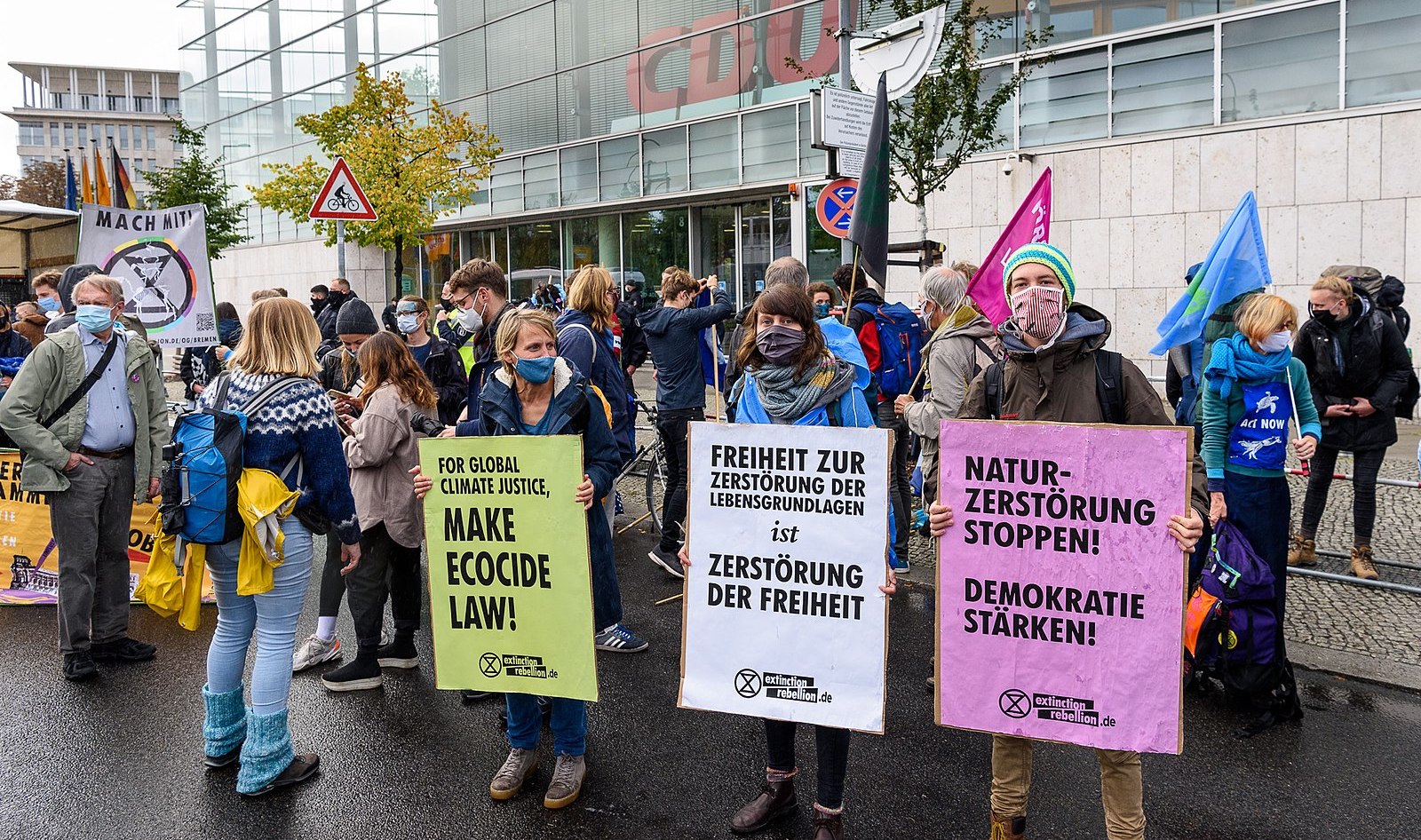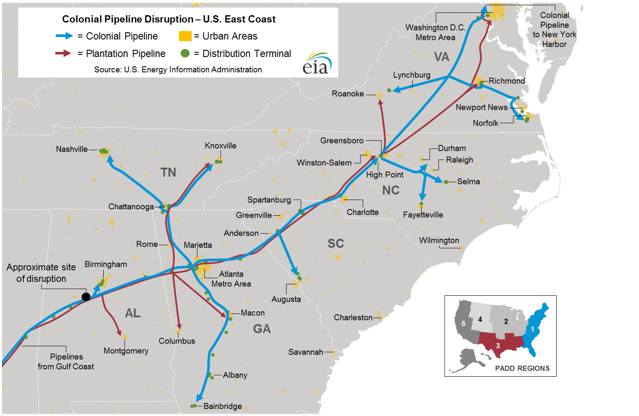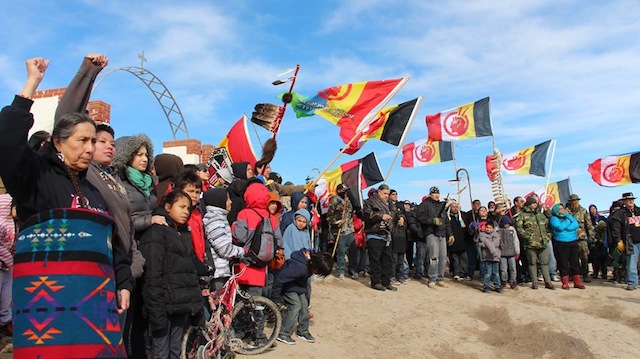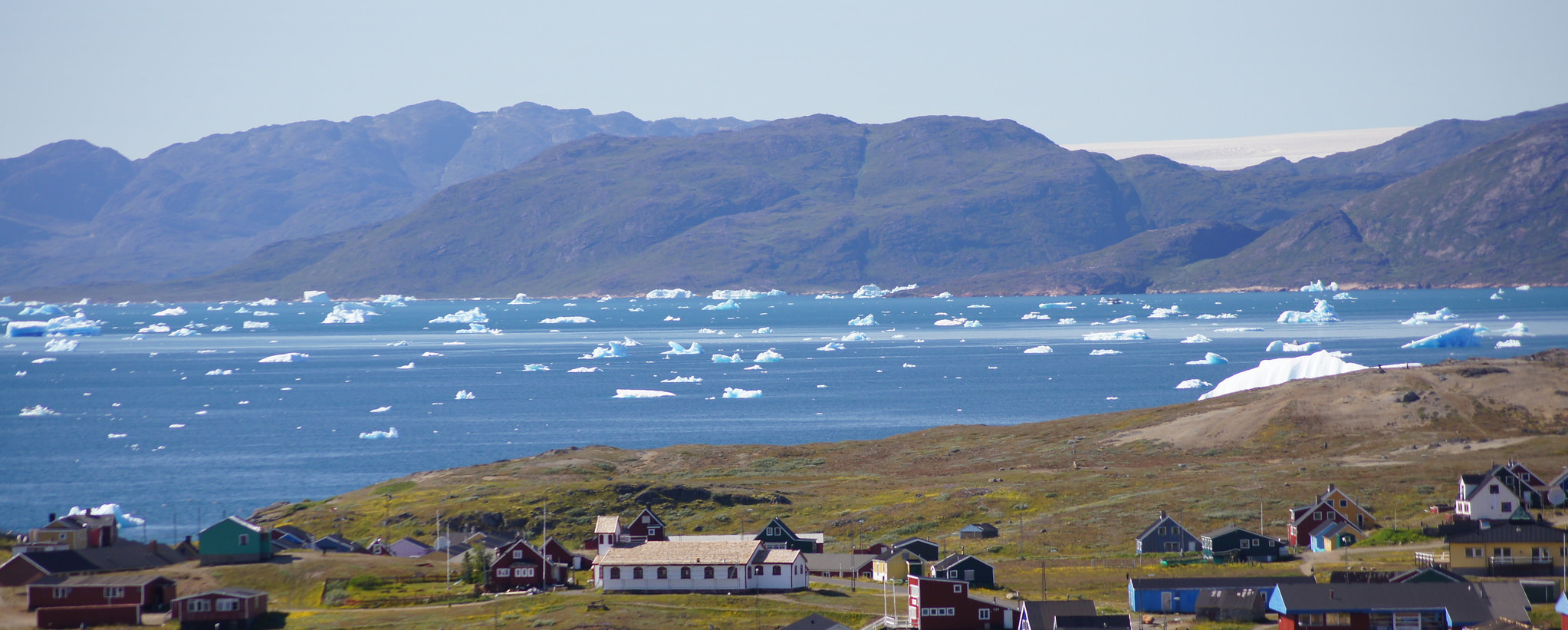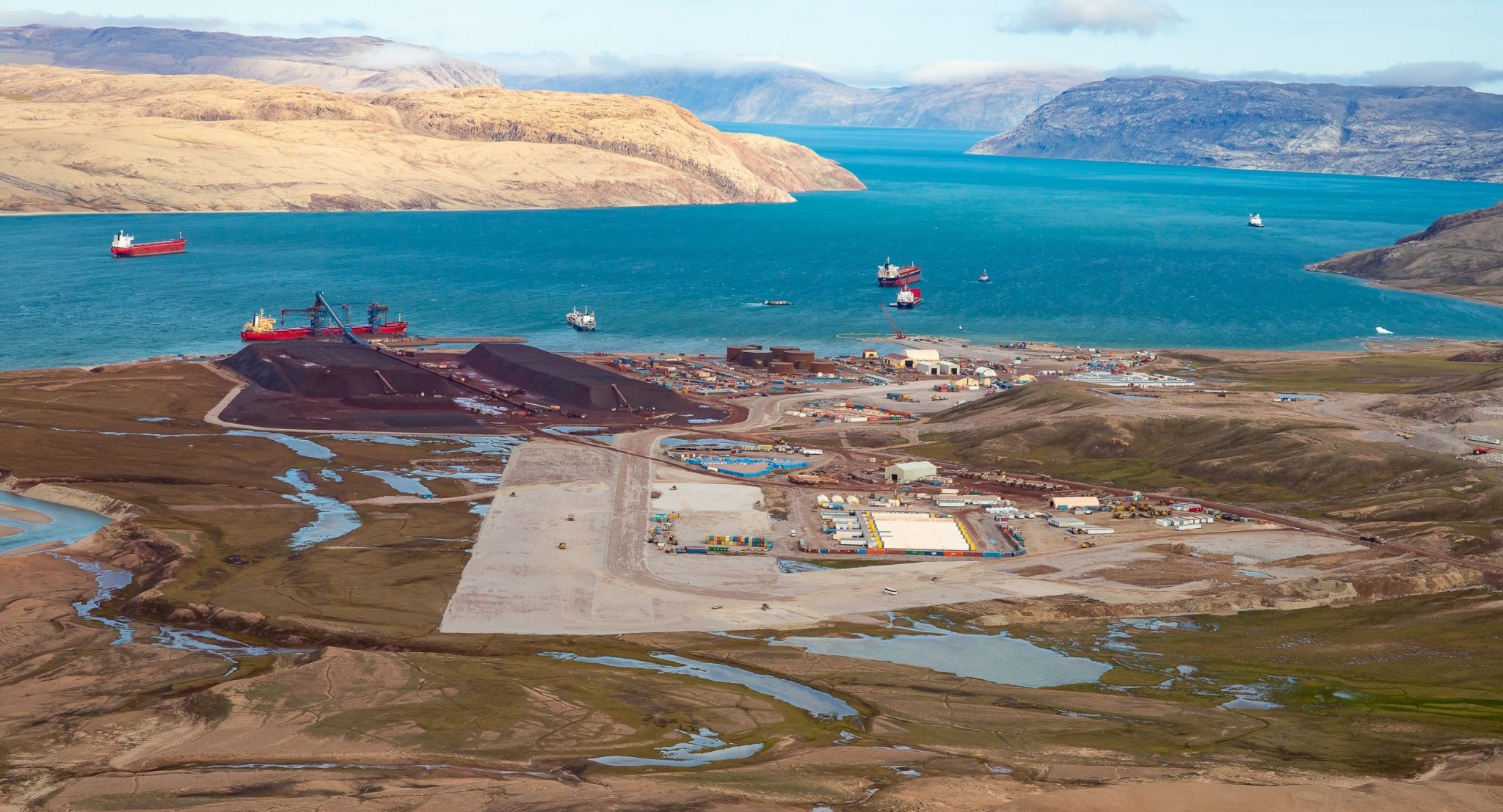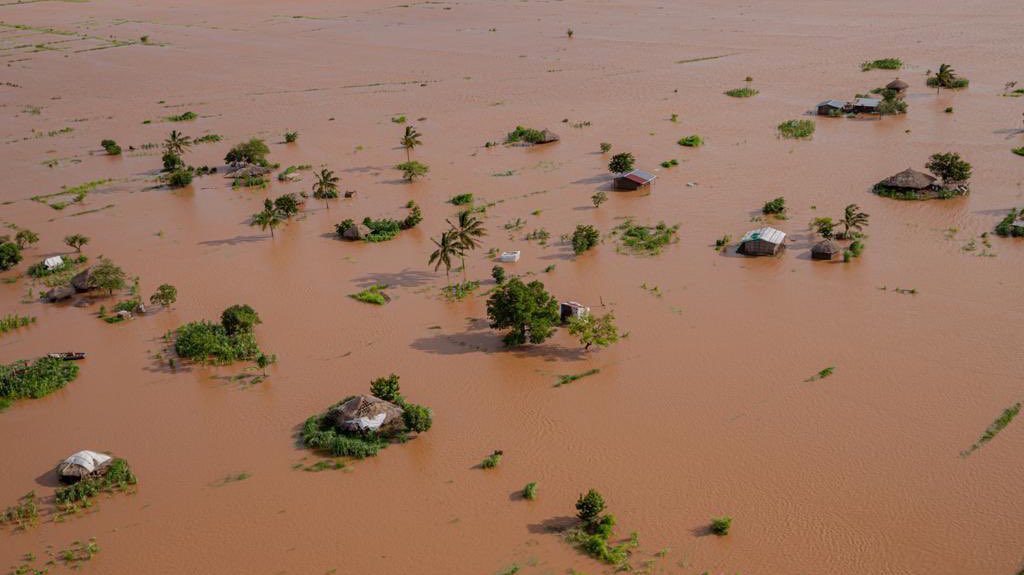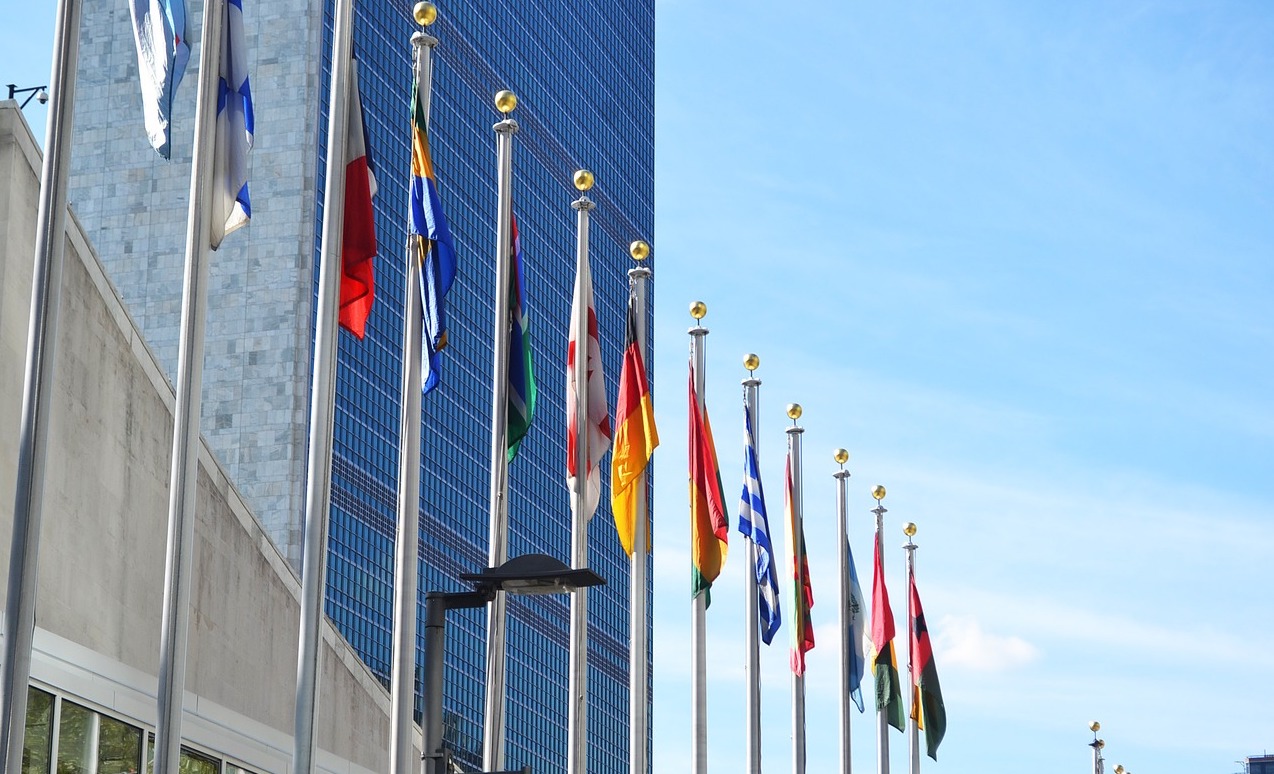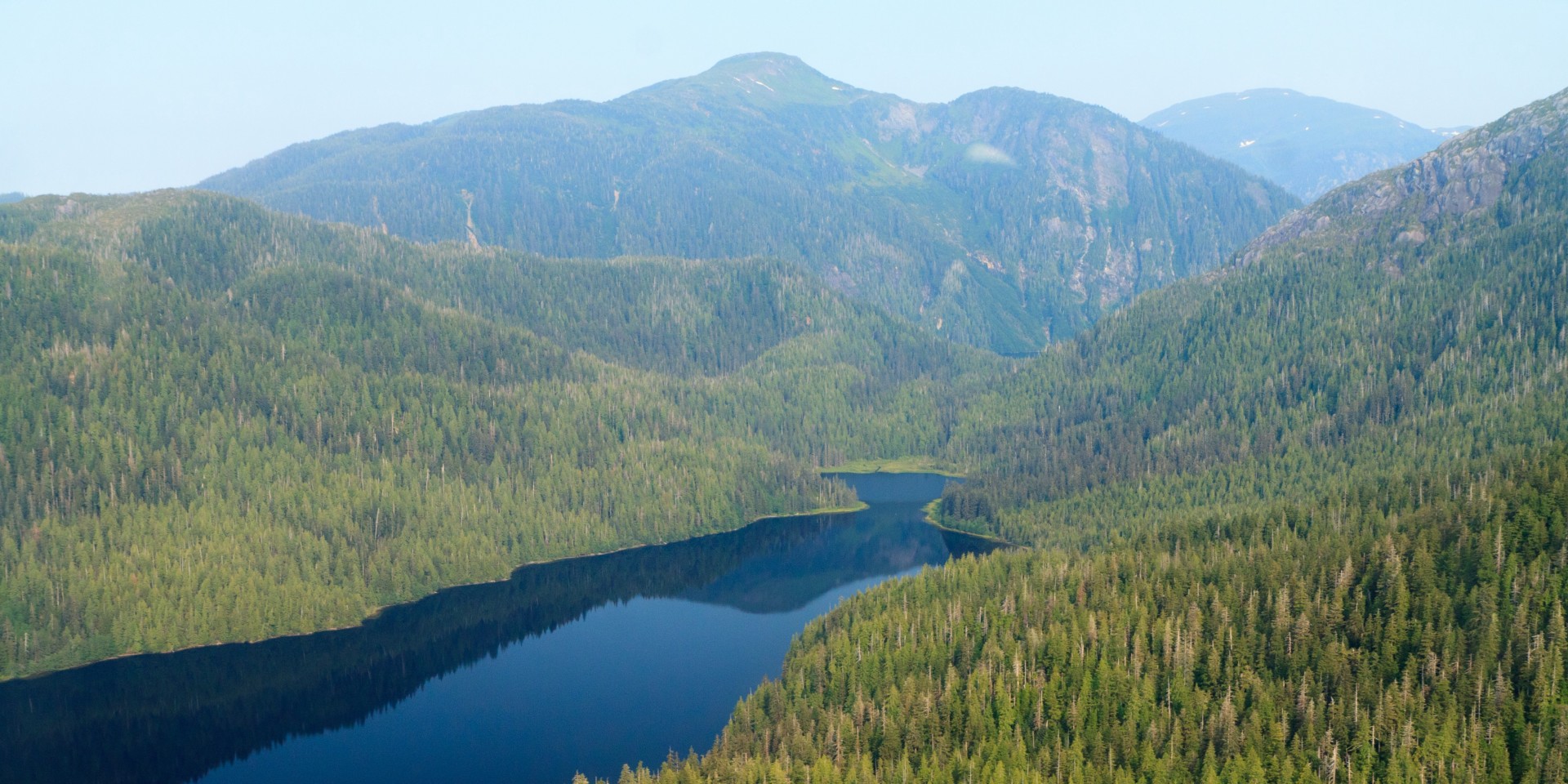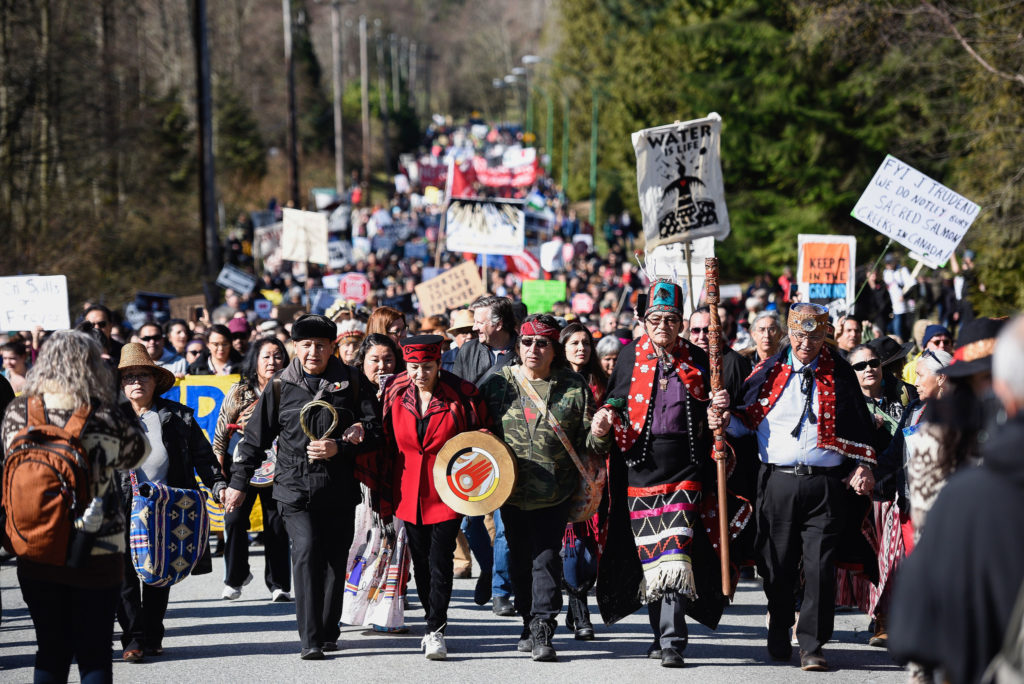
Canada law recognizing UNDRIP gets royal assent
A bill by the Canadian Parliament recognizing the UN Declaration on the Rights of Indigenous Peoples (UNDRIP) and establishing a framework for its implementation received Royal Assent. The legislation requires the government of Canada to take measures for bringing the country’s laws into alignment with the UNDRIP as well as preparing an action plan for achieving its objectives. But some advocates for Indigenous peoples’ rights are concerned that the new law may “Canadianize” the UNDRIP, since it is to be construed as upholding the rights of First Nations under Section 35 of the Constitution Act, 1982—which has been subject to long-drawn legal battles over its interpretation. (Photo of anti-pipeline protest in British Columbia: Rogue Collective via Flickr)



